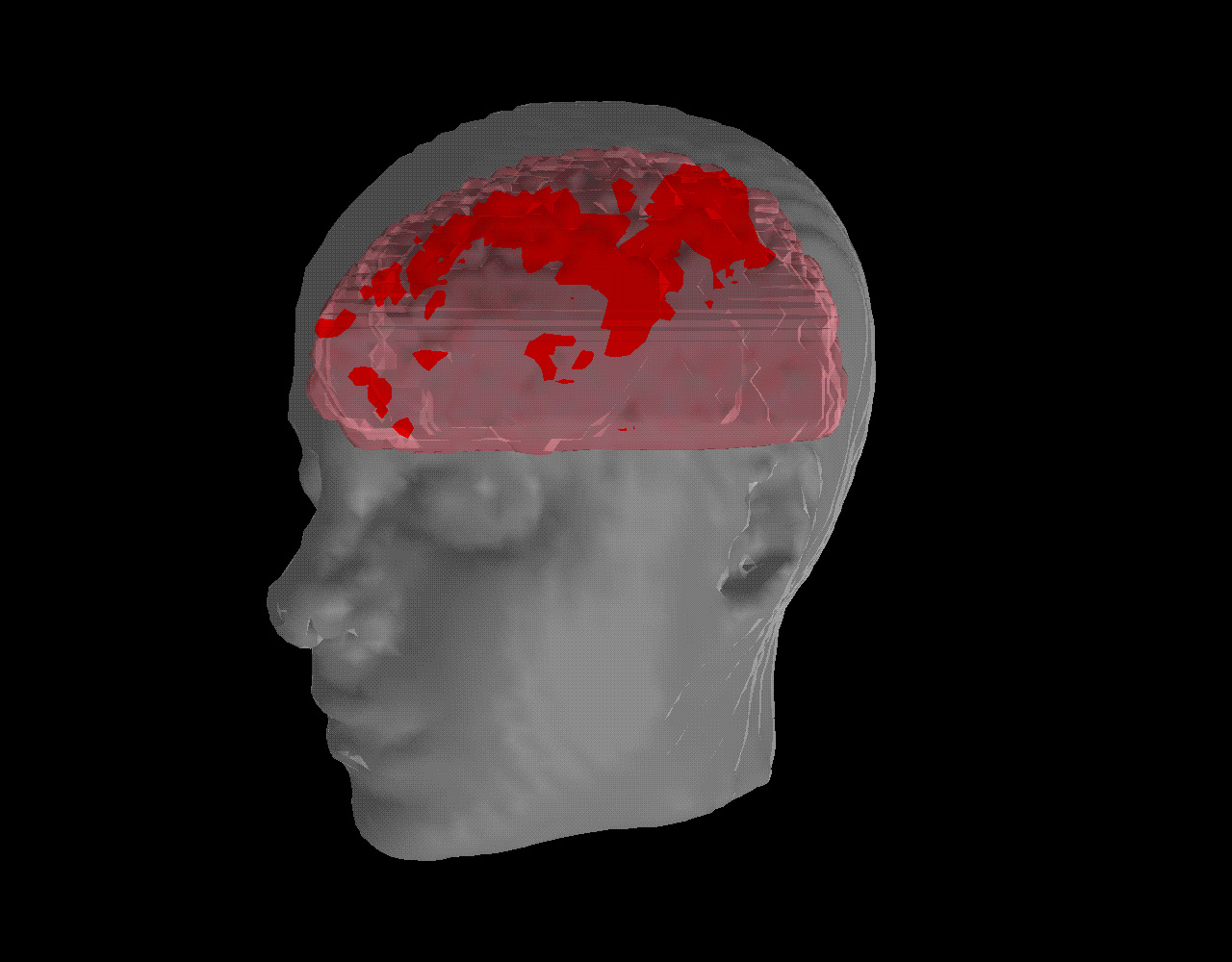BBC NEWS
Q&A: Climate change
The Earth is getting warmer. Scientists predict increasing droughts, floods and extreme weather and say there is growing evidence that human activities are to blame.
The BBC News website looks at key questions behind climate change and global warming.
What is climate change?
The planet's climate is constantly changing. The global average temperature is currently in the region of 15C. Geological and other evidence suggests that, in the past, this average may have been as high as 27C and as low as 7C.
But scientists are concerned that the natural fluctuation has been overtaken by a rapid human-induced warming that has serious implications for the stability of the climate on which much life on the planet depends.
What is the "greenhouse effect"?
The greenhouse effect refers to the role played by gases which effectively trap energy from the Sun in the Earth's atmosphere. Without them, the planet would be too cold to sustain life as we know it.
The most important of these gases in the natural greenhouse effect is water vapour, but concentrations of that are changing little and it plays almost no role in modern human-induced greenhouse warming.
Other greenhouse gases include carbon dioxide, methane and nitrous oxide, which are released by modern industry, agriculture and the burning of fossil fuels.
Their concentration in the atmosphere is increasing - the concentration of carbon dioxide has risen by more than 30% since 1800.
The majority of climate scientists accept the theory that an increase in these gases will cause a rise in the Earth's temperature.
What is the evidence of warming?
Temperature records go back to the late 19th Century and show that the global average temperature increased by about 0.6C in the 20th Century.
Sea levels have risen 10-20cm - thought to be caused mainly by the expansion of warming oceans.
Most glaciers in temperate regions of the world and along the Antarctic Peninsula are in retreat; and records show Arctic sea-ice has thinned by 40% in recent decades in summer and autumn.
There are anomalies however - parts of the Antarctic appear to be getting colder, and there are discrepancies between trends in surface temperatures and those in the troposphere (the lower portion of the atmosphere).
How much will temperatures rise?
If nothing is done to reduce emissions, current climate models predict a global temperature increase of 1.4-5.8°C by 2100.
Even if we cut greenhouse gas emissions dramatically now, scientists say the effects would continue because parts of the climate system, particularly large bodies of water and ice, can take hundreds of years to respond to changes in temperature.
It also takes greenhouse gases in the atmosphere decades to break down.
It is possible that we have already irrevocably committed the Greenland ice sheet to melting, which would cause an estimated 7m rise in sea level.
There are also indications that the west Antarctic ice sheet may have begun to melt, though scientists caution further research is necessary.
How will the weather change?
A DECADE OF CO2
1993: 357.04 ppm
1994: 358.88 ppm
1995: 360.88 ppm
1996: 362.64 ppm
1997: 363.76 ppm
1998: 366.63 ppm
1999: 368.31 ppm
2000: 369.48 ppm
2001: 371.02 ppm
2002: 373.10 ppm
2003: 375.64 ppm
Mean annual carbon dioxide concentrations recorded at Mauna Loa in Hawaii
Globally, we can expect more extreme weather events, with heat waves becoming hotter and more frequent.
Scientists predict more rainfall overall, but say the risk of drought in inland areas during hot summers will increase.
More flooding is expected from storms and rising sea levels.
There are, however, likely to be very strong regional variations in these patterns, and these are difficult to predict.
What will the effects be?
The potential impact is huge, with predicted freshwater shortages, sweeping changes in food production conditions, and increases in deaths from floods, storms, heat waves and droughts.
Poorer countries, which are least equipped to deal with rapid change, will suffer most.
Plant and animal extinctions are predicted as habitats change faster than species can adapt, and the World Health Organization has warned that the health of millions could be threatened by increases in malaria, water-borne disease and malnutrition.
What don't we know?
We don't know exactly what proportion of the observed warming is caused by human activities or what the knock-on effects of the warming will be.
The precise relationship between concentrations of carbon dioxide (and other greenhouse gases) and temperature rise is not known, which is one reason why there is such uncertainty in projections of temperature increase.
Global warming will cause some changes which will speed up further warming, such as the release of large quantities of the greenhouse gas methane as permafrost melts.
Other factors may mitigate warming; it is possible that plants may take more CO2 from the atmosphere as their growth speeds up in warmer conditions, though this remains in doubt.
Scientists are not sure how the complex balance between these positive and negative feedback effects will play out.
What about the sceptics?
Global warming "sceptics" fall into three broad camps:
* those who maintain temperatures are not rising
* those who accept the climate is changing but suspect it is largely down to natural variation
* those who accept the theory of human-induced warming but say it is not worth tackling as other global problems are more pressing.
Nevertheless, there is a growing scientific consensus that, even on top of the natural variability of the climate, something out of the ordinary is happening and humans are to blame.
Story from BBC NEWS:
http://news.bbc.co.uk/go/pr/fr/-/2/hi/science/nature/3928017.stm
Published: 2006/01/30 08:52:31 GMT
© BBC MMVII
Saturday, March 17, 2007
Subscribe to:
Post Comments (Atom)


No comments:
Post a Comment